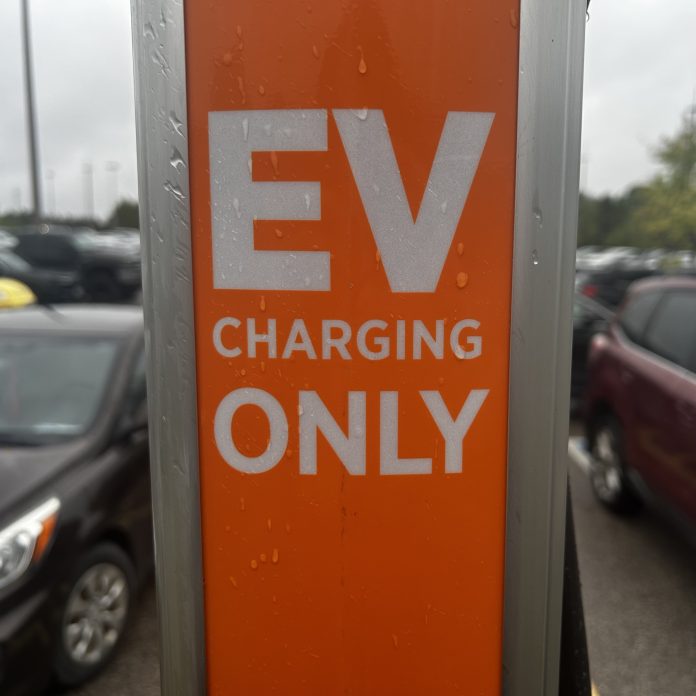With the popularity of electric vehicles on the rise, new companies are capitalizing on the boom of the market while at the same time provincial and federal governments are allocating funds to attract them. In the latest installment of panic, Umicore, an EV battery manufacturer based out of Belgium, has begun to experience delays as the initial spike in EV sales is slowing down.
However, this does not mean the end of electric vehicles. The EV market is not facing a problem. What needs to happen is that governments, and investors, need to look closer into the companies they are funding to produce EV batteries, some of the most important components of electric vehicles.
For over a century now, petroleum-powered vehicles have been the norm for drivers, and their electric alternatives have been overlooked as a replacement to the gas-powered version. However, companies and manufacturers who specialize in production of these electric vehicles and EV batteries are beginning to see advancement in the market and are making strides to increase the number of electric vehicles on the roads. According to the International Energy Agency, a French-based autonomous intergovernmental organization that analyses data on the global energy sector, reported electric vehicles saw a 35 per cent year on year increase in 2023.
A successful example of one of these manufacturing plants is the 2022 joint venture between LG Energy Solutions and Stellantis in which the companies invested $5 billion into a facility to produce EV batteries and as of 2024. Stellantis has begun production on EV batteries.
If major manufacturers see a dip in the EV market, they limit themselves to avoid major failure. For example, the Quebec Economy minister, Pierre Fitzgibbon, stated on X that the battery industry is slowing down. He was referring to a $7-billion dollar Montreal battery plant facing lengthy construction delays, which was the reason for the unexpected lull in the market.
According to the Government of Canada’s website, in 2024 Canada’s Minister of Energy and Natural Resources, Jonathan Wilkinson, announced a $7.5 million dollar investment into EV, as well as a zero emissions awareness campaign.This is on top of the billions of dollars already invested into EVs over the past 10 years. Even though the market may be slowing down, the Canadian government is still determined to make EVs mainstream.
Given the sudden rise in EV manufacturing between 2018 and 2024, there is an encouragement for new companies to start manufacturing and as a result, there might be a bubble that bursts. The Canadian government is already beginning to see some starter companies fold.
Ford has ended manufacturing for EV related parts and vehicles at a plant in Oakville, after saying the plant was going to be delayed until 2027.
It is clear governments at the provincial and federal level need to evaluate the companies they chose to fund.
As always, with sudden rises in markets there will companies that don’t come to fruition. So, by taking on less risk and re-evaluating, the government will allow the progression of electric vehicles to continue to grow.




